Mutfwang: The Quest for Reclaiming Mining Ponds in Plateau
By Gyang Bere
The history of Nigeria’s infrastructure development cannot be complete without an appraisal of the contributions of the solid minerals deposited in Plateau State.
There is no denying that Jos-Plateau became the hub of tin and other mineral resources mining activities, which, inevitably, made the Nigerian economy what it became before the advent of oil.
These economic activities no doubt resulted in the Jos-Plateau having a well-known mining legacy that flourished between 1904 – when tin deposits were discovered on the Plateau, and 1970 – when tin mining was at its peak.
From available records, tin mining activities had long-drawn adverse effects on the Plateau people. These resulted in the alienation and destruction of farmlands, environmental degradation, diversion of labour from food production, and, of course, predictably, shortage of food.’
Today, scattered all over several communities in Plateau, particularly the Northern part of the state are over 4,000 mining ponds of different proportions and no less varied dimensions and implications, all as unwavering aftermath of such mining activities.
They are a daily reminder of the sad memories of what should have turned the fortunes of the state and the people around. Rather they have become death traps for the young and old, and a painful reminder and provocation of the sentiments that today form part of the national discourse and lend subject matter to the agitation for the principle of derivation – and even calls for fiscal federalism!
It is on account of the above that Governor Caleb Manasseh Mutfwang has solicited the Federal Government’s intervention by utilising available ecological funds to reclaim these mining ponds that have become life-threatening across communities in the state. So long as they are not reclaimed, they will continue to be dangerous to the living. They can be turned into sources of business like fishing or irrigation farming.
Advocacy efforts by the governor since 2023 are nuanced enough to be appreciated for the struggle to make the state better. Their outcomes are indications that there are attempts at confronting the fears of the past. The visit of Governor Mutfwang to the Minister of Solid Minerals Development, Dele Alake, in his Abuja office has become a turning point in the quest to benefit from interventions in the solid minerals sector.
In the Minister’s office, the brief on Plateau State’s significant contributions to the development of Nigeria’s mineral sector was reiterated. The governor however lamented that the state has been left to deal with the devastating environmental impacts of mining, which have degenerated into death traps for host communities and visiting tourists.
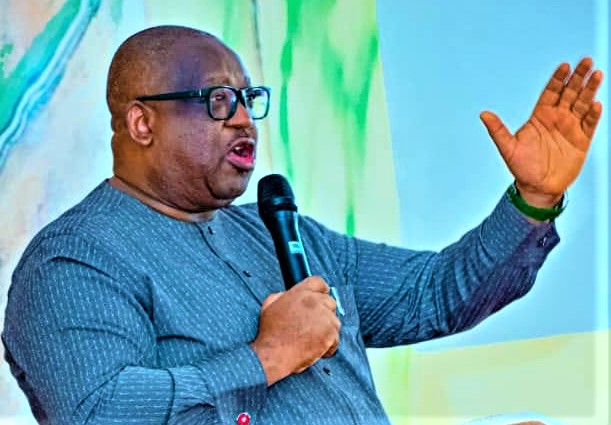
The situation captures and presents such a doleful humanitarian picture so damning and melancholic that the Governor could not but say to the Minister that: “We are hopeful that by leveraging our partnership with the Ministry of Solid Minerals Development, we can secure Federal Government interventions through ecological funds to remediate these hazardous sites.
According to Governor Mutfwang, “Remedying these mining ponds is not only vital for public health but also holds the potential for significant economic benefits. Plateau State plays a crucial role in strengthening the national food basket and has the potential to turn agriculture into a foreign exchange earner. Hence, the reclamation of these sites is essential”.
What better education could be sold than what Governor Mutfwang advocated during the visit? The enhanced collaboration between the Federal Government and sub-national entities in training Nigerian youths in gem cutting and polishing holds the prospects and propensity to boost and grow the nation’s GDP and improve the national economic index.
For that, Governor Mutfwang was able to share and pass a message to the Industrial Training Fund (ITF) to leverage upon and develop paradigms of collaboration and partnerships that will propel the state into an industrial and production destination in the country. The simple baseline of the message is for the Fund to incorporate gem training in its curriculum to equip Nigerians with the skills for youth empowerment in gem polishing and cutting.
The Minister’s zeal and innovative approaches, which were introduced since coming on board to manage the mineral sector, have received various commendations. That was again reaffirmed, by the state’s readiness to partner with the Federal Government to develop mutually beneficial business opportunities that abound in the sector.
The Minister of Solid Minerals Development, Dele Alake has, like many other Nigerians, acknowledged Plateau State’s historical significance and role in Nigeria’s mining development history and odyssey.
Partnering with Plateau State on developmental projects, particularly in elevating the profile of miners and mineral development in Nigeria, is a worthwhile engagement and an initiative worth the while. There is much to learn from the practical experiences of those who have been involved in mining for years. As the Governor noted, “As we move forward with our mineral development policy formulation and execution, Plateau State is pivotal. We are open to collaboration, cooperation, and joint efforts to transform our mineral sector for the benefit of all stakeholders, especially the host communities and sub-national entities”.
It is hoped that the executive enthusiasm and policy zeal discernible in the current initiative undertaken by Governor Caleb Manasseh Mutfwang during the Minister’s tenure, Nigeria and Plateau State in particular will be able to unlock the values and valuables that abound in the minerals sub-sector.
It is not a hidden fact that the potentials of the sector have been variously explained by the governor, what the boisterous initiative of the minister can add. It is time to go beyond mere talkenism and walk the talk.
The sector, we all know, can contribute a lot to the country’s GDP. About now, had the sector been organized and fully explored from inception, today, Plateau State would have been receiving 13 per cent based on the derivation principle from the federation account as a mineral-producing state, as is the case for all oil-producing states currently.
That being said, Plateau has contributed significantly to developing this sector. Tin mining and columbite contributed significantly to Nigeria’s GDP; and that is why outside Lagos, Plateau has had the highest concentration of the European population in Nigeria.
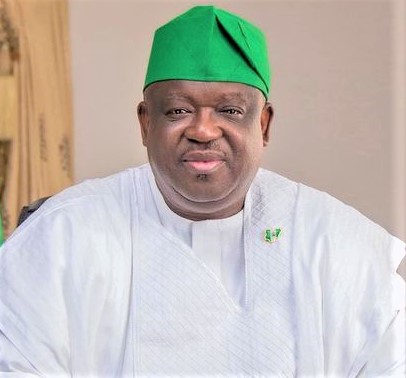
The governor is of the view that remedying this situation cannot be the best option, no matter what it is worth. It is a fact that Plateau State is a key player in growing and stabilizing the national food basket and also with the potential to turn agriculture into a foreign exchange earning business.
With the huge mineral deposit, Governor Mutfwang said Plateau ought not to be mentioned among the poor states in Nigeria only when the state is allowed to enjoy its fair share of the minerals deposit endowed with. It is estimated that Plateau produce minerals sold in billions of naira but only N500 million have been declared as annual revenue in the state for several years.
The good news is that the state has set up the Mineral Resources and Environmental Management Committee (MIREMCO) headed by a seasoned professor with the requisite specialization, Professor Stephen Malo. The Plateau Mineral Development Company is taking advantage of playing a purveying and pivotal role in the sector and guiding investors on their investment plans.
To make a success of the sector, efforts are being made to develop the downstream sector; as the State gets set for daily marketing and trading of solid minerals. It is possible to develop a capital base for the state’s investment in this invaluable and time-honoured economic gold mine.
Bere is Director of Press and Public Affairs, Office of the Executive Governor, Plateau State

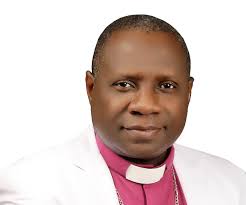
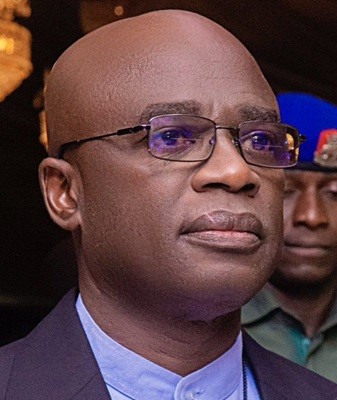
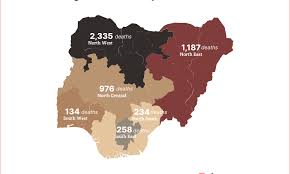

Post Comment